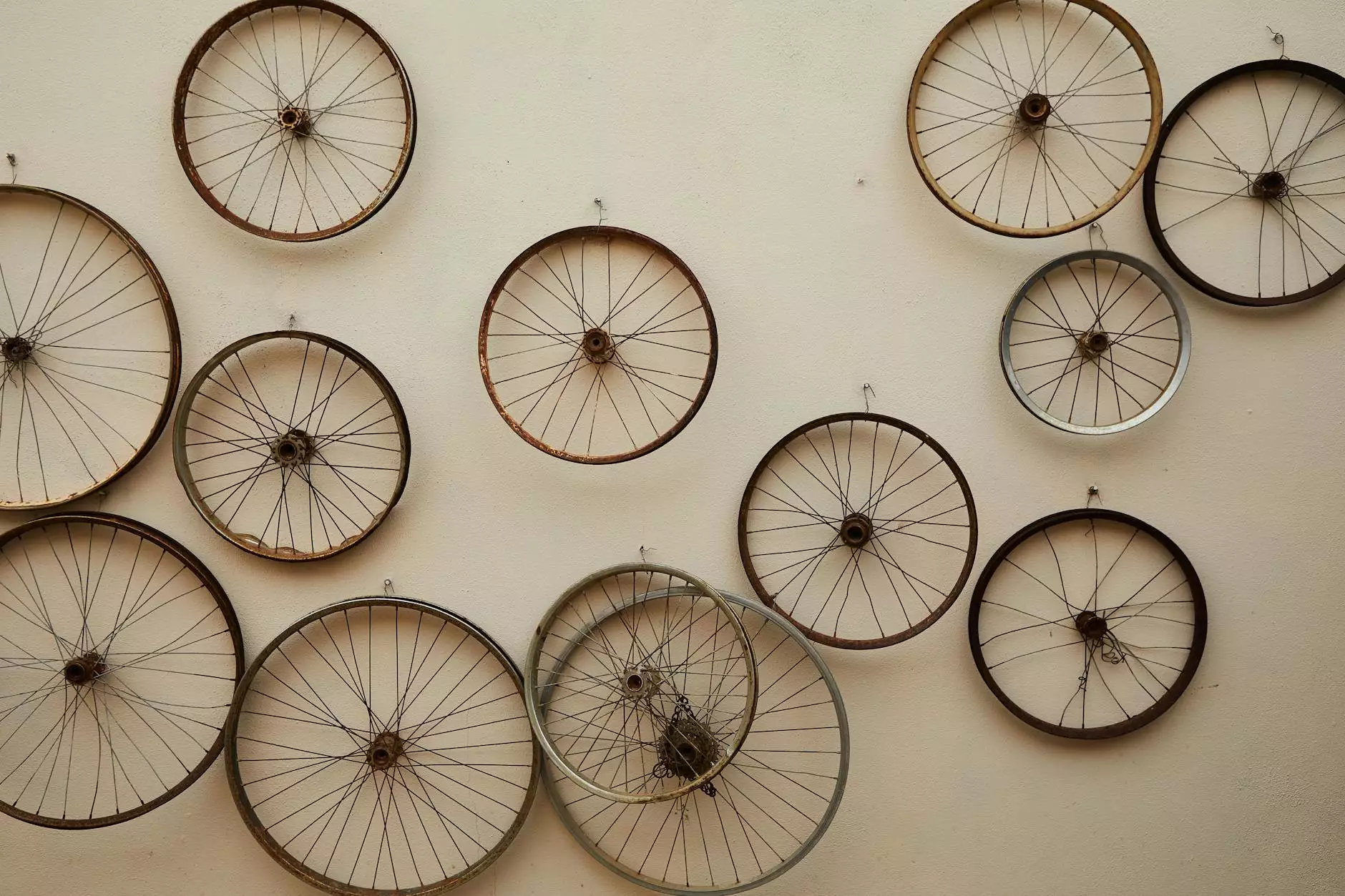Is Ponding Water On A Flat Roof Normal?
Blog
Understanding Ponding Water on Flat Roofs
Ponding water is a common issue that occurs on flat roofs. It refers to the collection or pooling of water on the roof's surface after rain or melting snow. While it might be tempting to dismiss the problem as harmless, ponding water can cause significant damage to your flat roof if not addressed promptly. At Bio-One Atlanta, we understand the importance of proper roof drainage and can provide expert insights to help you tackle this issue.
The Causes of Ponding Water
Several factors can contribute to ponding water on a flat roof. One of the primary causes is inadequate roof slope or improper design, which prevents water from draining effectively. Other factors include clogged or damaged gutters, debris buildup, faulty roof membranes, and structural issues. By identifying the root cause, you can take the necessary steps to address the problem and prevent further damage.
The Consequences of Ponding Water
Ponding water may seem harmless at first, but it can lead to severe consequences for your flat roof. Over time, the weight of the water can put excessive stress on the roof structure, leading to sagging or even collapse. The prolonged presence of water also accelerates the deterioration of roofing materials, such as membranes, causing leaks and compromising the integrity of the roof system.
Besides structural damage, ponding water creates a perfect breeding ground for algae, moss, and other vegetation. These organisms can further deteriorate the roof surface, leading to additional moisture retention and potential leaks. Additionally, ponding water can increase the risk of ice dam formation during colder months, which can cause extensive damage to your roof and surrounding areas.
The Importance of Proper Roof Drainage
Proper roof drainage is crucial for the longevity and performance of a flat roof. It ensures that water is efficiently directed to the appropriate drainage system, preventing ponding and minimizing the risk of damage. Effective roof drainage requires a well-designed system that includes properly functioning gutters, downspouts, and sloped roof surfaces.
Addressing Ponding Water on Flat Roofs
Dealing with ponding water on a flat roof requires a comprehensive approach. Here are some steps you can take:
- Inspection: Start by inspecting your roof for any signs of ponding water. Look for areas where water consistently accumulates after rainfall or snowmelt. Take note of any visible damage to the roof surface.
- Maintenance: Clear debris and remove any blockages in gutters and downspouts. Trim overhanging branches that might contribute to debris accumulation. Regular maintenance helps ensure proper water flow and prevents clogs.
- Roof Sloping: Consult with a professional roofer to assess the slope of your flat roof. If necessary, adjustments can be made to improve water drainage. Positive roof slope allows water to flow naturally towards the drainage system.
- Roof Repairs: If your roof has existing damage or leaks, it's essential to address them promptly. Repairing the roof and replacing damaged or worn-out membranes can significantly reduce the risk of ponding water.
- Drainage Solutions: Consider installing or upgrading your roof's drainage system. This may include adding additional drains, scuppers, or installing tapered insulation to improve water flow.
- Professional Assistance: If you're unsure about tackling ponding water on your own, it's advisable to seek the help of experienced roofing professionals, such as Colony Roofers. They can assess and diagnose the issue accurately, providing you with customized solutions based on your specific roof requirements.
Contact Colony Roofers for Expert Advice
Don't let ponding water compromise the integrity of your flat roof. At Bio-One Atlanta, we offer professional roofing services, including comprehensive roof inspections, repairs, and drainage solutions. Our expert team has the knowledge and experience to mitigate the effects of ponding water and ensure your roof remains in optimal condition for years to come. Contact Colony Roofers today and schedule a consultation!









